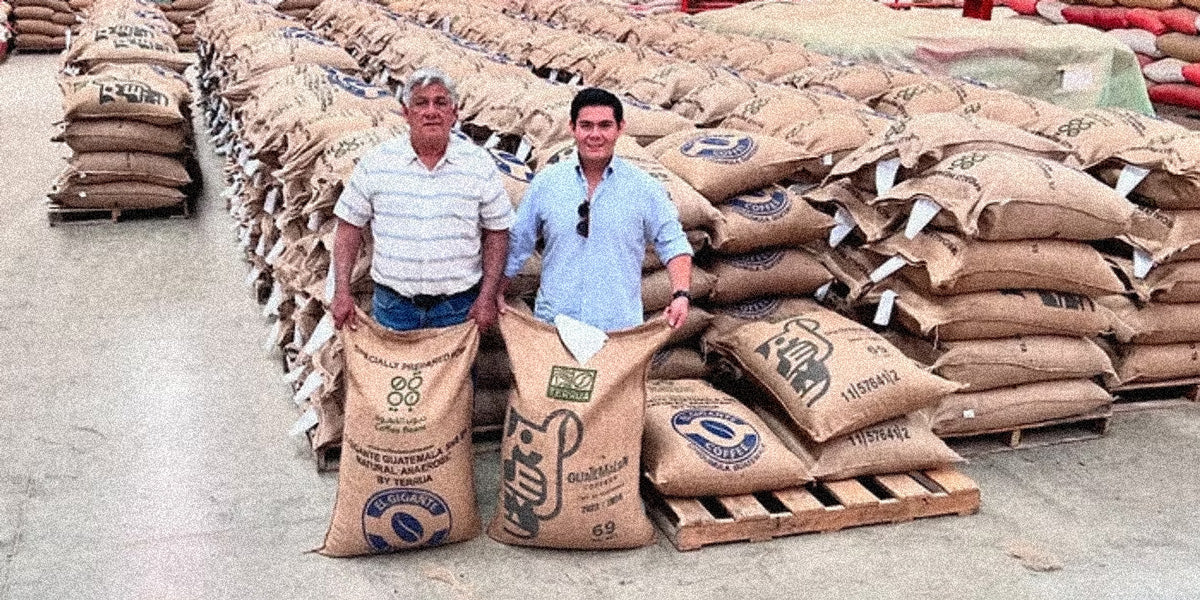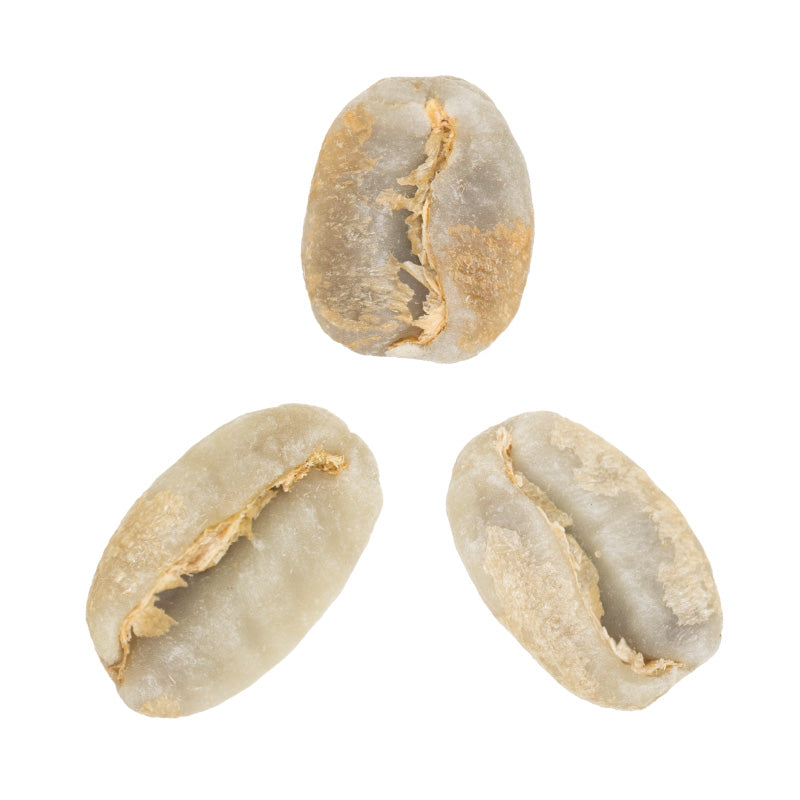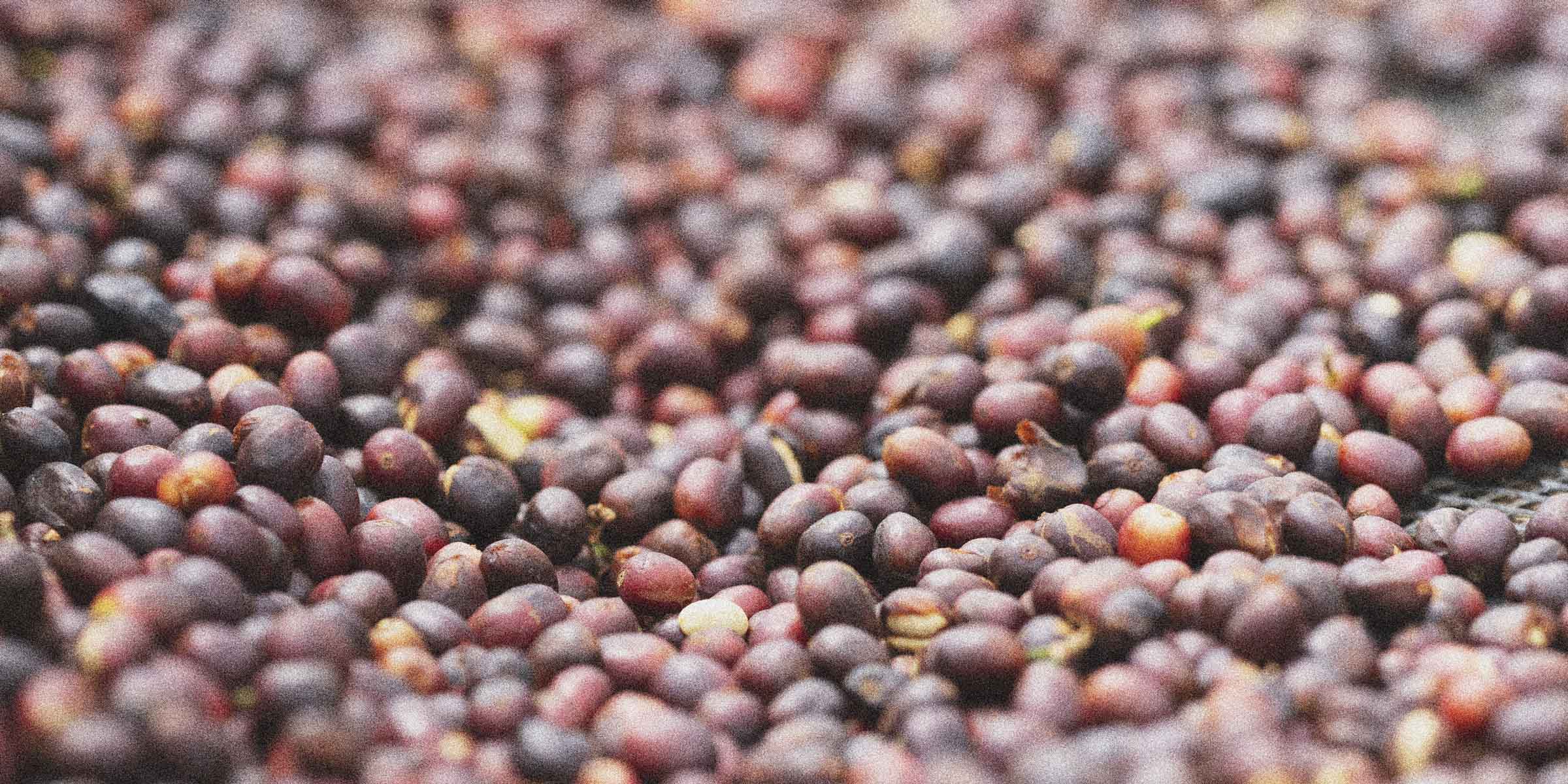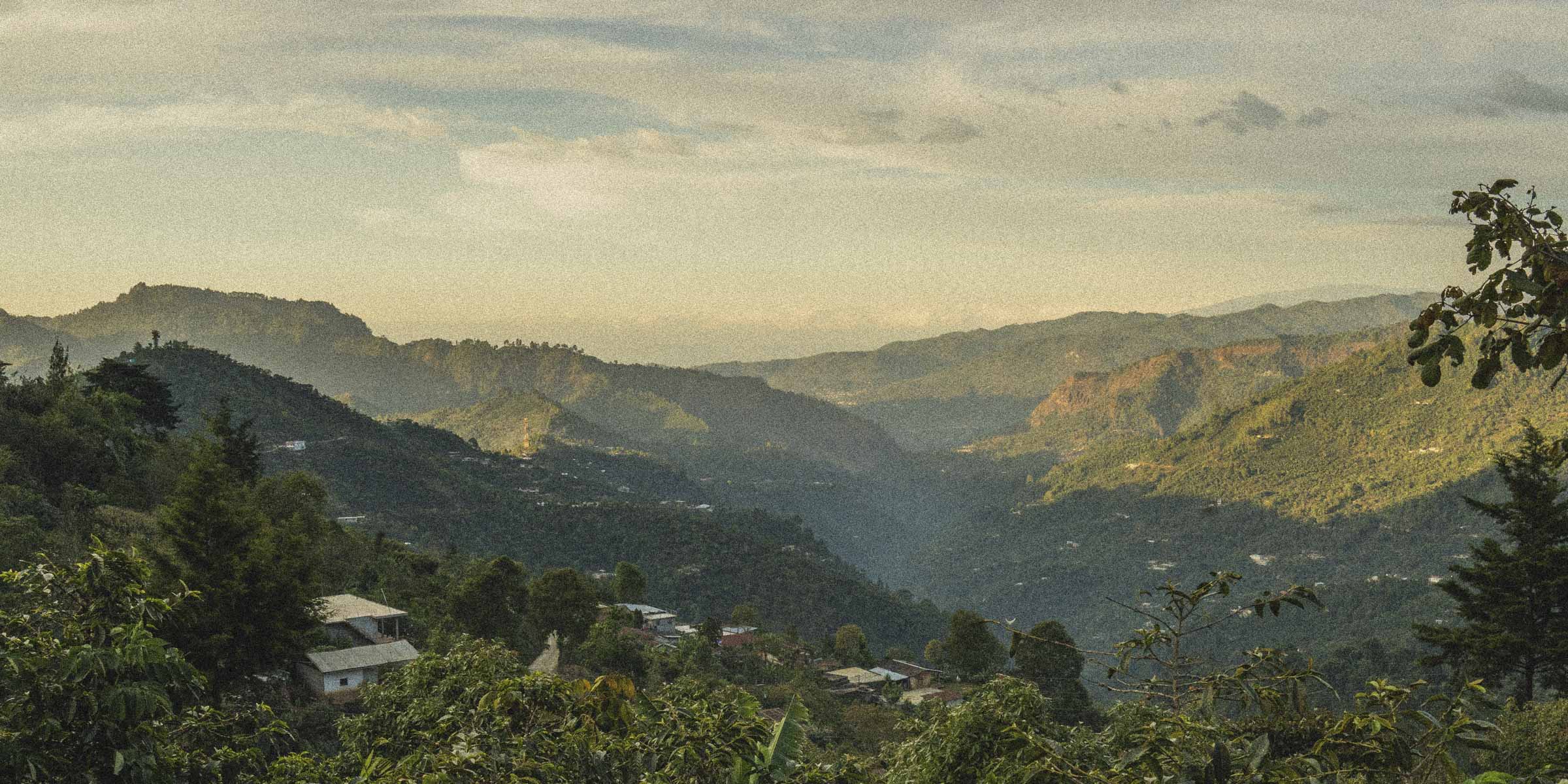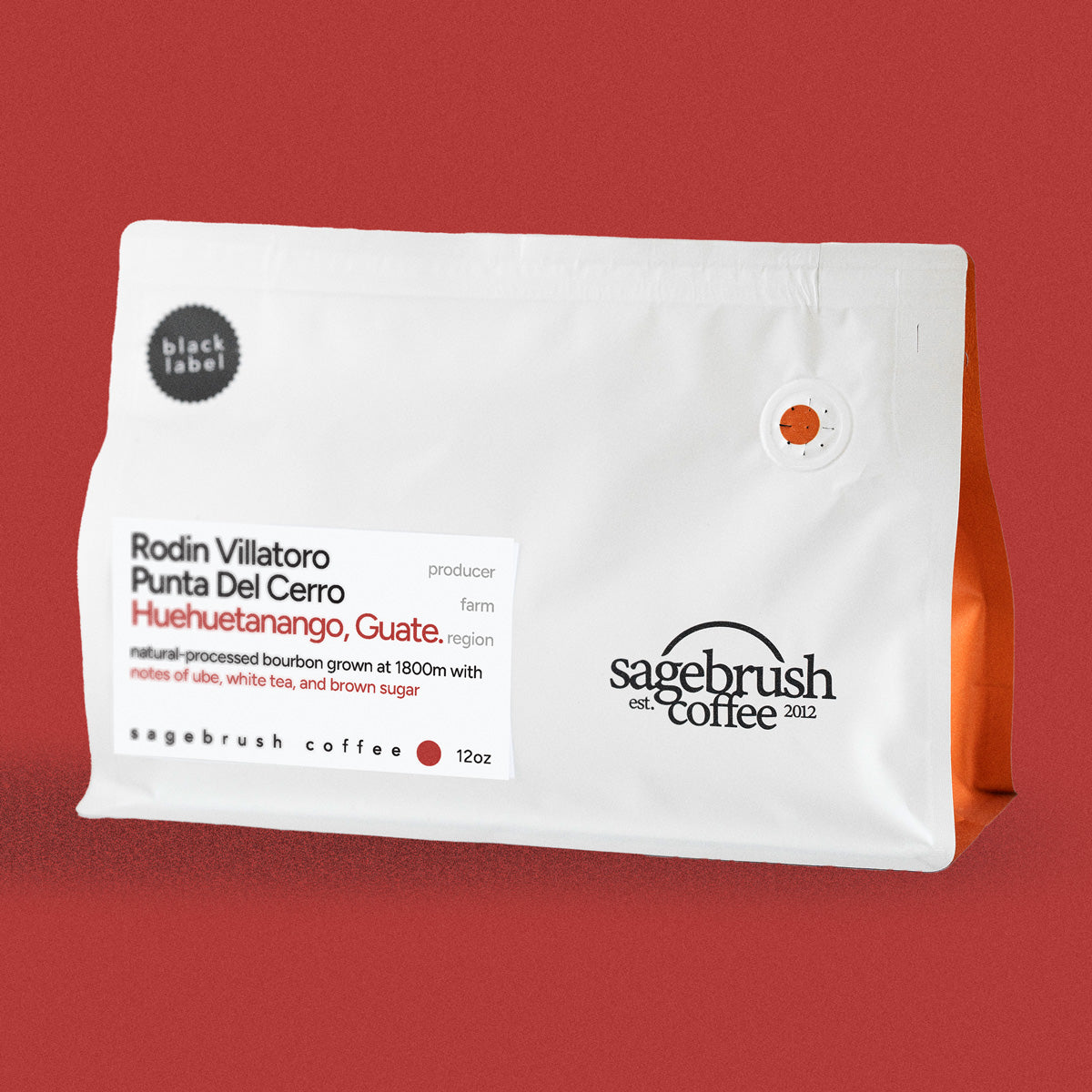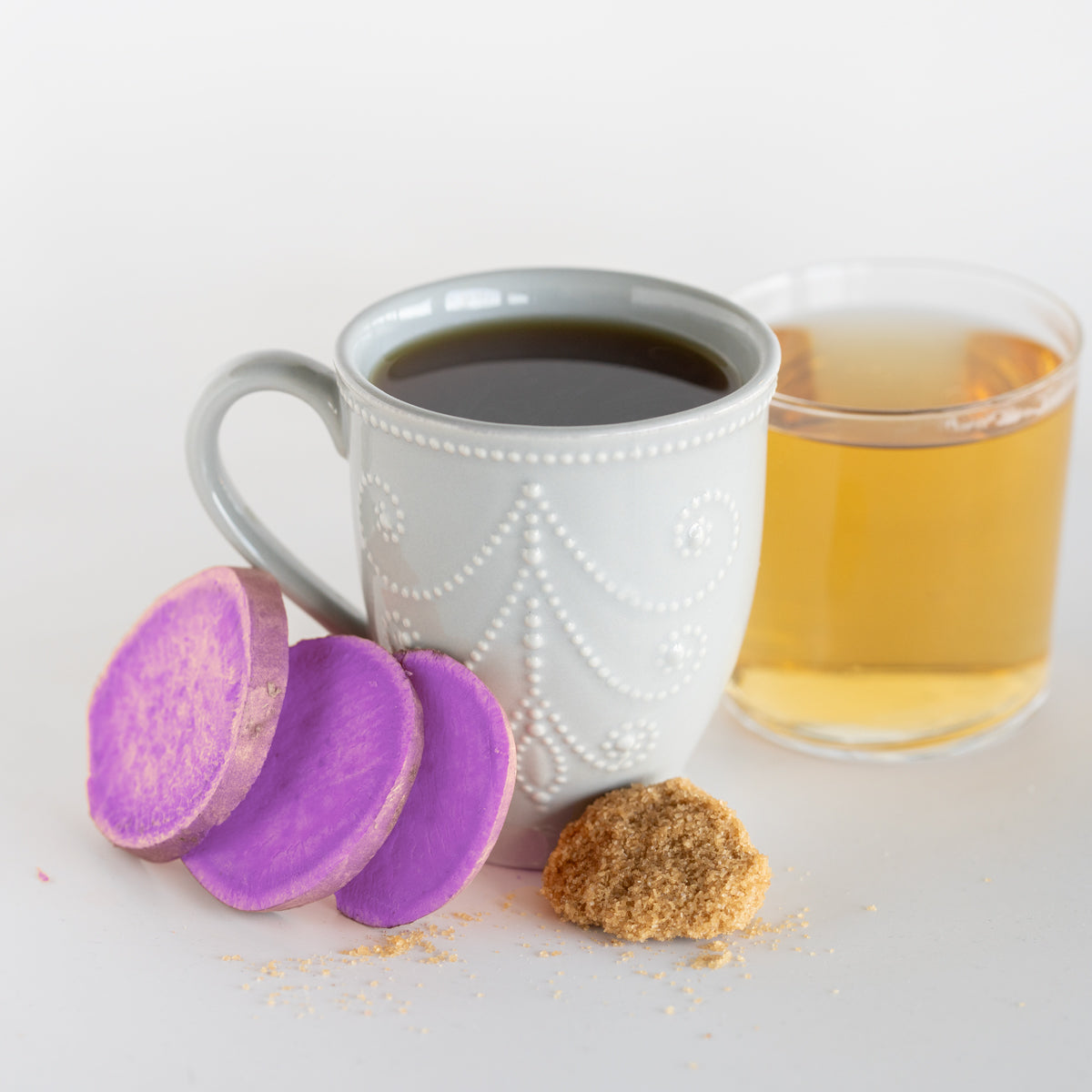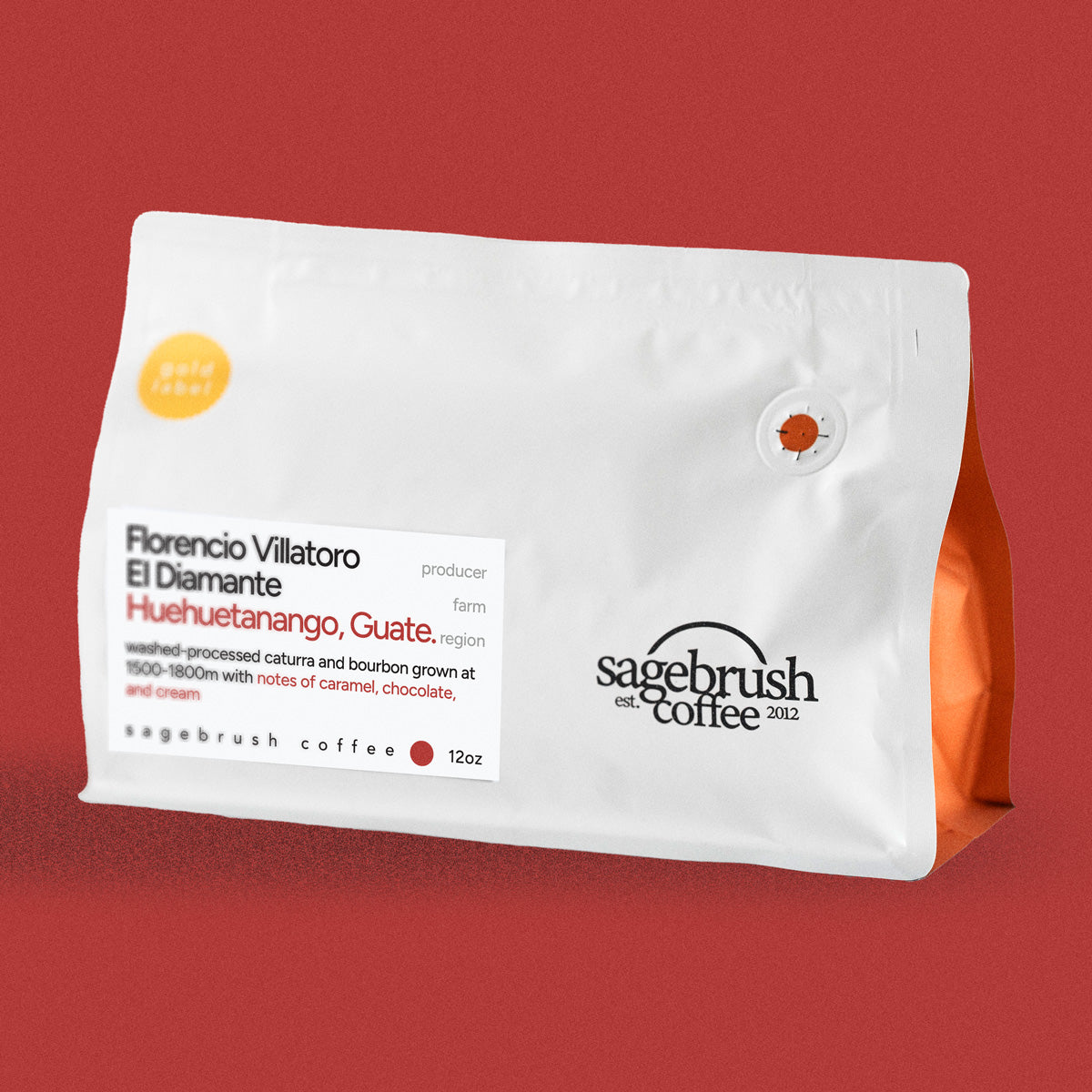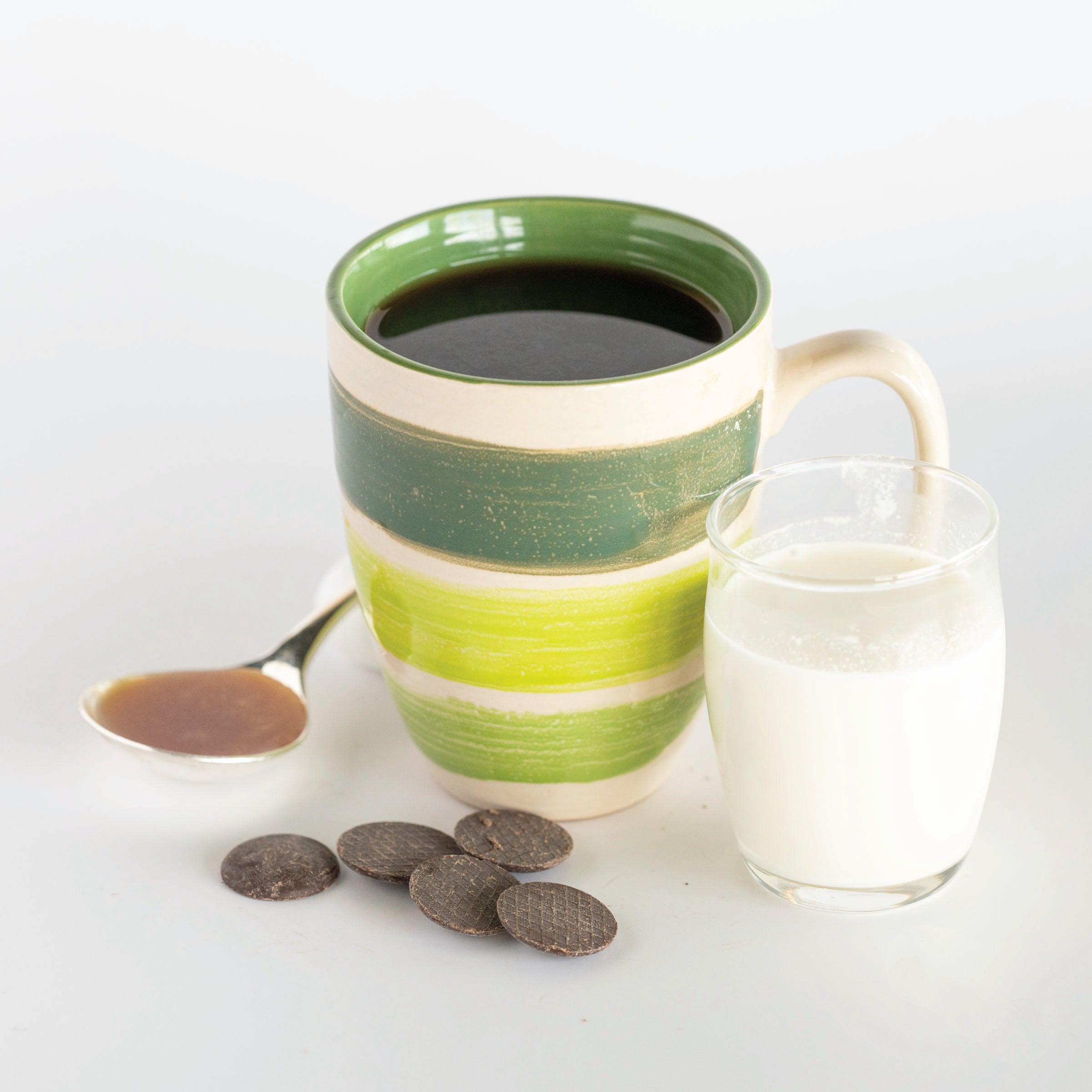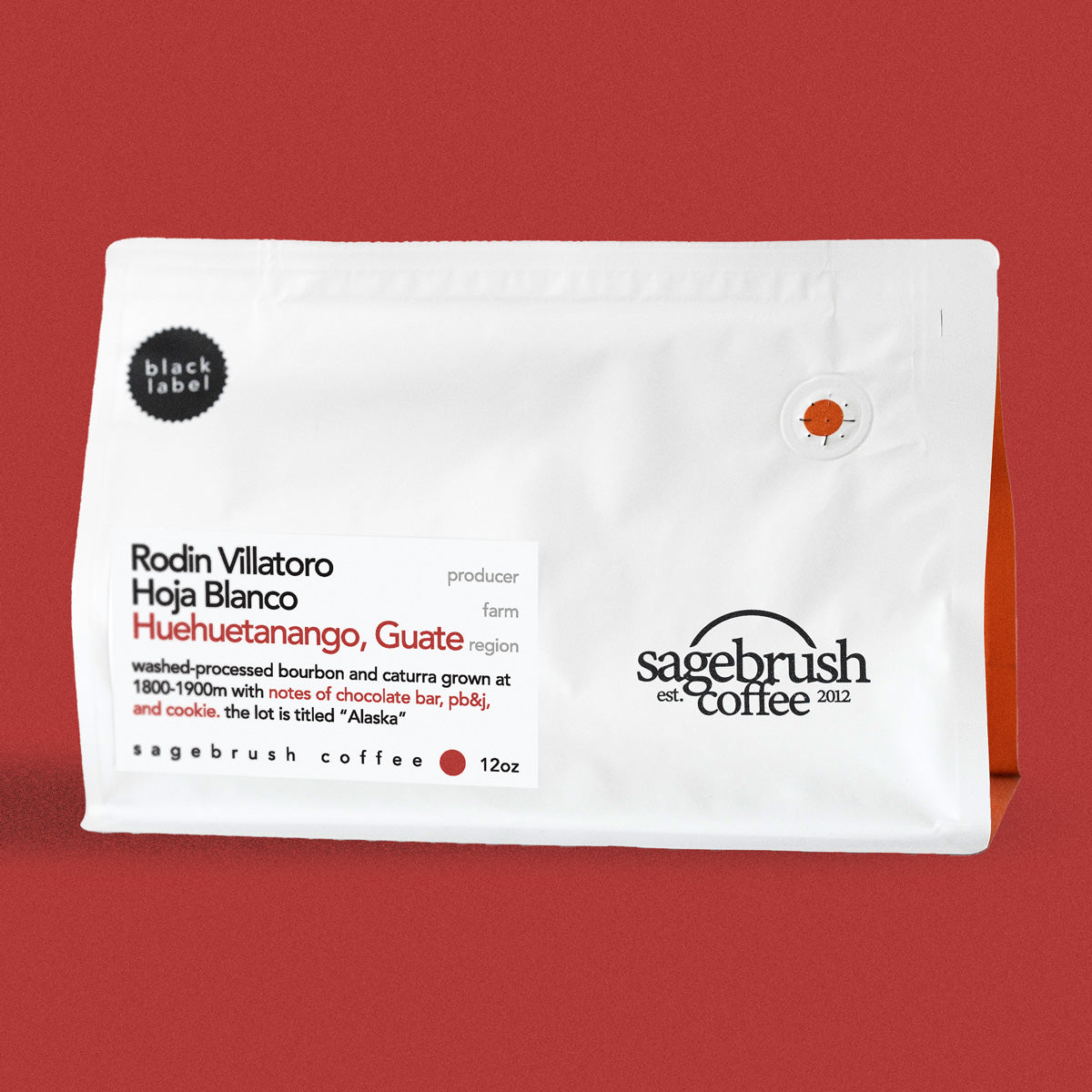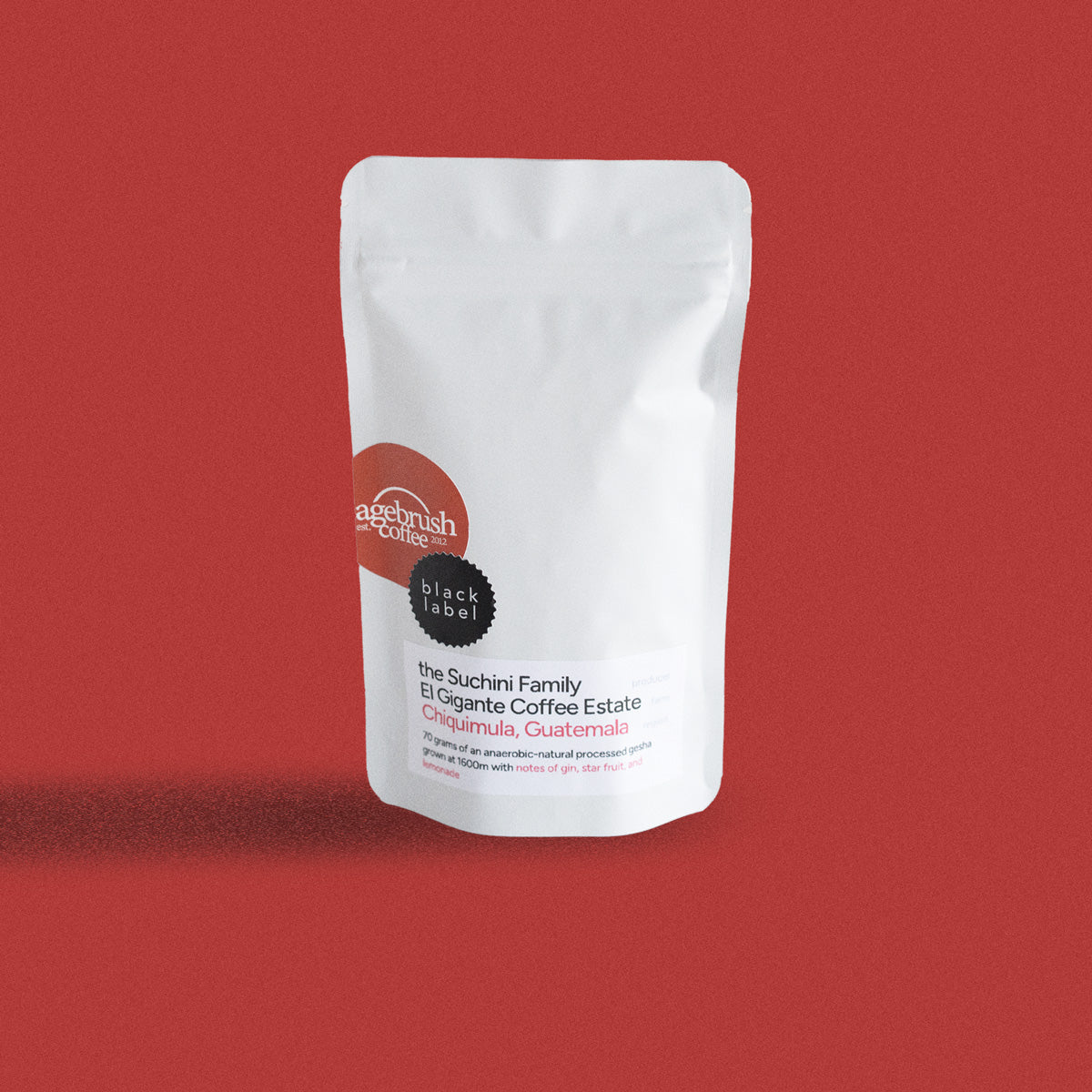
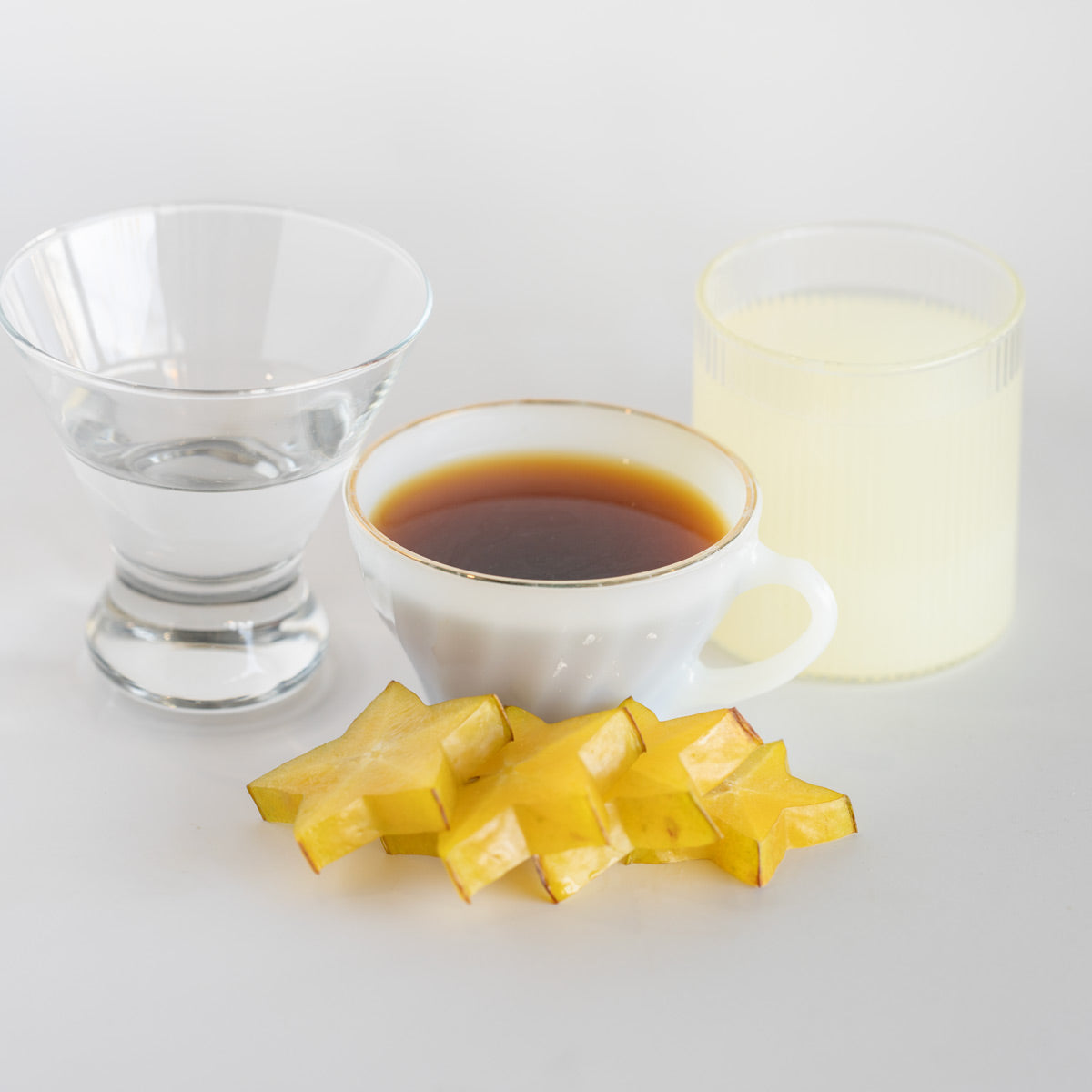
Suchini Family • Anaerobic-Natural-Processed Gesha
$37.78
from El Gigante Coffee Estate grown at 1600masl with notes of star fruit, gin, and lemonade

Suchini Family • Anaerobic-Natural-Processed Gesha
70g Bag / Whole Bean
$37.78
Quick Guide
What is this coffee?
Processing Method
Natural Process-
Country
Guatemala-
Altitude
1600masl - Altitude is typically correlative to the potential complexity of a coffee bean. The higher in altitude the coffee is grown, the denser the bean will be, resulting in a more dynamic cupping experience.
Classification
Black Label-
Variety(s)
Gesha
All about the coffee
shop Guatemala
Vendor:Guatemala
Rodin Villatoro • Natural-Processed Bourbon
From $45.83
Vendor:Guatemala
Florencio Villatoro • Washed-Processed Bourbon
From $30.24
Vendor:Guatemala
Vendor:Guatemala



